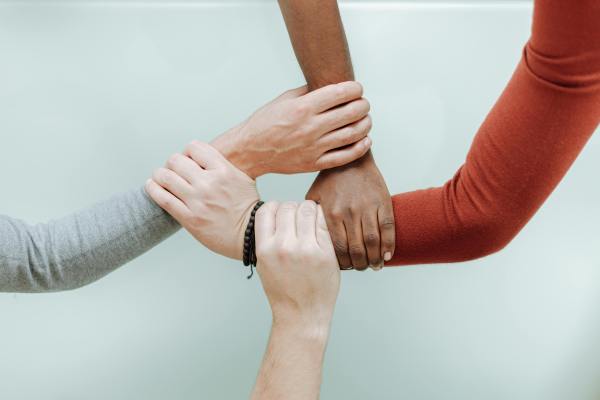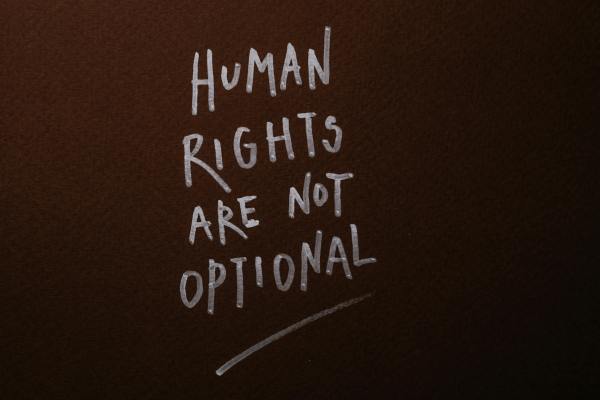As has been the case for 76 years, Human Rights Day is celebrated on December 10, commemorating the signing of the Universal Declaration of Human Rights (UDHR) in Paris on that day in 1948.
Origin of this day: 76 years of the Universal Declaration of Human Rights
As we have just mentioned, on December 10, 1948, the Universal Declaration of Human Rights was ratified in the French capital as a result of the traumatic experience that the Second World War had meant for humanity.
After the war, and with the creation of the United Nations in 1945 (an organization that replaced the League of Nations, which had been founded in 1919 at the end of the First World War), the need arose for the drafting of this document.
Although the final Declaration did not arrive until the last month of 1948, work had already been underway two years earlier on preliminary documents that were examined at the first session of the General Assembly in 1946.
As the UN explains, “this historic document enshrines the inalienable rights of every person as a human being, regardless of race, color, religion, sex, language, political or other opinion, national or social origin, property, birth or other status”.
As a curiosity, and due to the fact that it is available in more than half a thousand languages, it is the most translated official document in the world.
What the Universal Declaration of Human Rights says
The UDHR was drafted by representatives from all regions of the world with different legal and cultural backgrounds, with more than 50 member states participating in the final drafting and with no dissenting votes (although eight nations abstained from voting), in a complex international context with two warring blocs marked by the onset of the Cold War.
This Declaration establishes, for the first time, that fundamental human rights must be protected throughout the world and is widely recognized for having inspired and paved the way for the adoption of more than seventy human rights treaties that are permanently applied both globally and regionally.
In the preamble, the nature of the declaration is clear: “Proclaims this Universal Declaration of Human Rights as a common standard of achievement for all peoples and all nations, to the end that every individual and every organ of society, keeping this Declaration constantly in mind, shall strive by teaching and education to promote respect for these rights and freedoms and by progressive measures, national and international, to secure their universal and effective recognition and observance, both among the peoples of Member States and among the peoples of territories under their jurisdiction.”
Article 1: “All human beings are born free and equal”.
It is not widely known that Article 1 was to speak of “all men are born free and equal,” but Indian representative Hansa Mehta got the final wording to read “all human beings are born free and equal.”
Mehta was one of many women involved in the creation of this historic document, with Eleanor Roosevelt (widow of U.S. President Franklin Delano Roosevelt) chairing the UDHR Drafting Committee.
Committed to the respect and promotion of all people
At Telefónica we work proactively to prevent any abuse related to our activity or that of our business partners, which is why human rights must be respected in any situation both by us and by our suppliers, whether when we deploy telecommunications networks or use technologies such as Artificial Intelligence.
As Elena Valderrábano, Telefónica’s global director of Sustainability (ESG), recalls, “we are aware of our relevance in the communities and environments where we operate and, taking the baton from the United Nations Guiding Principles, we work to respect and promote human rights and environmental protection throughout the entire value chain”.
Historical events of 10 December
On 10 December 1815, Ada Lovelace (also known as Ada Byron or Ada Byron Lovelace), the first female programmer in history, was born. A woman who has become a point of reference for women in the field of science and technology.
At the end of the 19th century, the Swedish chemist and inventor Alfred Nobel died in 1896. The famous Nobel Prizes were instituted in 1895 as Nobel’s last wish. Also on 10 December, but in 1901, these prizes began to be awarded.
As mentioned throughout this article, the Universal Declaration of Human Rights was signed on 10 December 1948.
Also on 10 December, but in 1955, Spain joined the United Nations Organisation.











